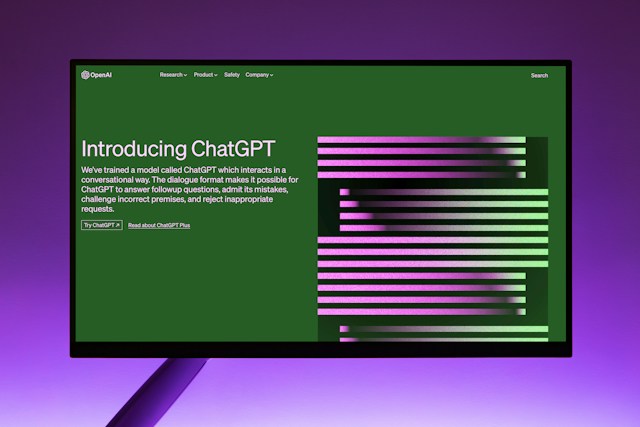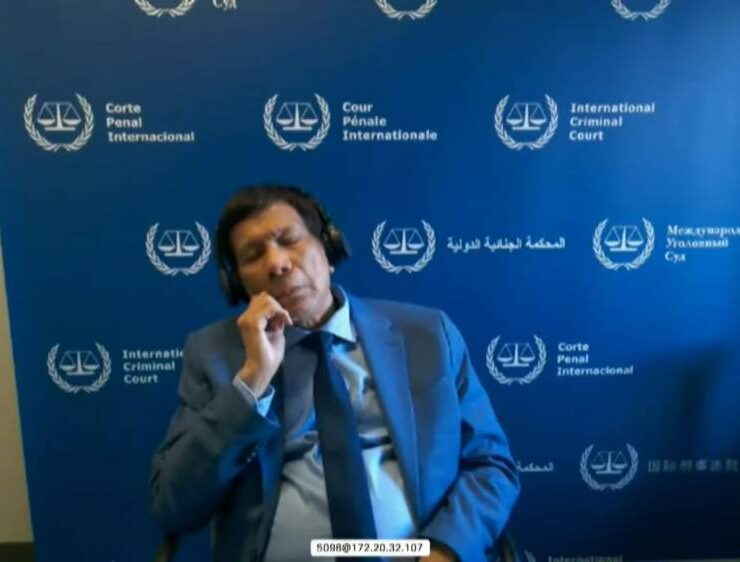Japan literary star not ashamed to use ChatGPT

TOKYO—The winner of Japan’s most prestigious literary award has acknowledged that about “5 percent” of her futuristic novel was penned by ChatGPT, saying generative artificial intelligence (AI) had helped unlock her potential.
Since the 2022 launch of ChatGPT, an easy-to-use AI chatbot that can deliver an essay upon request within seconds, there have been growing worries about the impact on a range of sectors —books included.
Lauded by a judge for being “almost flawless” and “universally enjoyable,” Rie Kudan’s latest novel, “Tokyo-to Dojo-to” (“Sympathy Tower Tokyo”), bagged the biannual Akutagawa Prize on Wednesday.
Heavy influence
Set in a futuristic Tokyo, the book revolves around a high-rise prison tower and its architect’s intolerance of criminals, with AI a recurring theme.The 33-year-old author openly admitted that AI heavily influenced her writing process as well.
“I made active use of generative AI like ChatGPT in writing this book,” she told a ceremony following the winner’s announcement.
“I would say about 5 percent of the book quoted verbatim the sentences generated by AI.”
Outside of her creative activity, Kudan said she frequently toys with AI, confiding her innermost thoughts that “I can never talk to anyone else about.”
ChatGPT’s responses sometimes inspired dialogue in the novel, she added.
Going forward, Kudan said she wants to keep “good relationships” with AI and “unleash my creativity” in coexistence with it.When contacted by Agence France-Presse (AFP), the Society for the Promotion of Japanese Literature, the Akutagawa award’s organizer, declined to comment.
On social media, opinions were divided on Kudan’s unorthodox approach to writing, with skeptics calling it morally questionable and potentially undeserving of the prize.
“So she wrote the book by deftly using AI … Is that talented or not? I don’t know,” one wrote on X, formerly known as Twitter.
But others celebrated her resourcefulness and the effort she put into experimenting with various prompts.“So this is how the Akutagawa laureate uses ChatGPT—not to slack off but to ‘unleash creativity,’” another social media user wrote.Titles that list ChatGPT as a coauthor have been offered for sale through Amazon’s e-book self-publishing unit, although critics say the works are of poor quality.
‘Pure garbage’
British author Salman Rushdie told a press conference at the Frankfurt Book Fair in October that recently someone asked an AI writing tool to produce 300 words in his style.
“And what came out was pure garbage,” said the “Midnight’s Children” writer, to laughter from the audience.
The technology also throws up a host of potential legal problems.
Last year, John Grisham, Jodi Picoult and “Game of Thrones” author George RR Martin were among several writers who filed a class-action lawsuit against ChatGPT creator OpenAI over alleged copyright violation.
Along with the Authors Guild, they accused the California-based company of using their books “without permission” to train ChatGPT’s large language models, algorithms capable of producing human-sounding text responses based on simple queries, according to the lawsuit. —AFP
AFP is one of the world's three major news agencies, and the only European one. Its mission is to provide rapid, comprehensive, impartial and verified coverage of the news and issues that shape our daily lives.




















